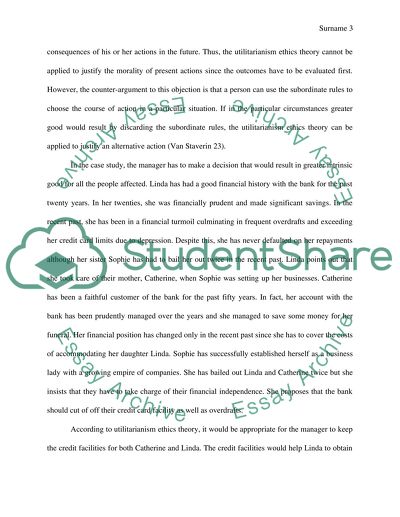Cite this document
(“Ethics in Finance Essay Example | Topics and Well Written Essays - 2000 words”, n.d.)
Ethics in Finance Essay Example | Topics and Well Written Essays - 2000 words. Retrieved from https://studentshare.org/philosophy/1470951-ethics-in-finance
Ethics in Finance Essay Example | Topics and Well Written Essays - 2000 words. Retrieved from https://studentshare.org/philosophy/1470951-ethics-in-finance
(Ethics in Finance Essay Example | Topics and Well Written Essays - 2000 Words)
Ethics in Finance Essay Example | Topics and Well Written Essays - 2000 Words. https://studentshare.org/philosophy/1470951-ethics-in-finance.
Ethics in Finance Essay Example | Topics and Well Written Essays - 2000 Words. https://studentshare.org/philosophy/1470951-ethics-in-finance.
“Ethics in Finance Essay Example | Topics and Well Written Essays - 2000 Words”, n.d. https://studentshare.org/philosophy/1470951-ethics-in-finance.


